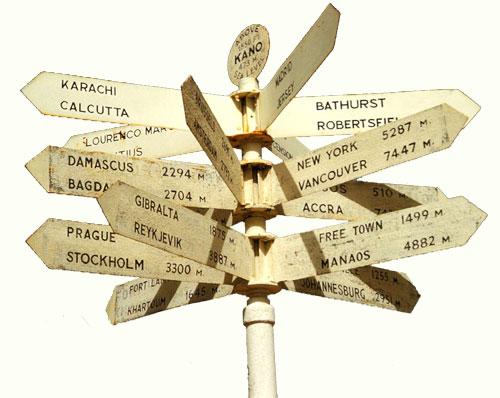By Abby Ohlheiser
Photos by Merel van Beeren
“Why should a dog, a horse, a rat have life, and the Hartmanns perish??” –Modest Petrovich Mussorgsky
I was sitting in a French-style chain cafe (sorry America), finishing my croissant, talking to Merel, when we heard the opening notes of “The Star Spangled Banner.” It was a restrained, beautiful choral rendition, and we listened. It was all kind of a relief: we were just blocks from Ground Zero, at around 8:30 AM on the 10th anniversary of September 11, 2001, but the only signs we’d seen of something solemn going on were the expressions on the cops’ faces as they watched us leave the subway at Fulton Street, as they told us to keep walking in a no-gawking zone, as they told confused spectators no, not that crosswalk, you have to go around the block. This moment, listening, would be the closest we would get to the ceremony at the memorial plaza finally established on top of the former World Trade Center site. Instead, we spent the day in the blocks around the site, in the throngs of tourists, New Yorkers, missionaries, and protestors. We watched as a block’s worth of people waited to move one block forward, in front of St. Paul’s. Merel said, “I wonder what this would look like as painted by Norman Rockwell.”
Here is what I, and the rest of the crowd, saw on the outskirts of Ground Zero during the ceremony, on the other side of the police checkpoints and “you can’t go theres” between us and the heartbreaking, mourning substance of the official ceremony. Continue Reading →


